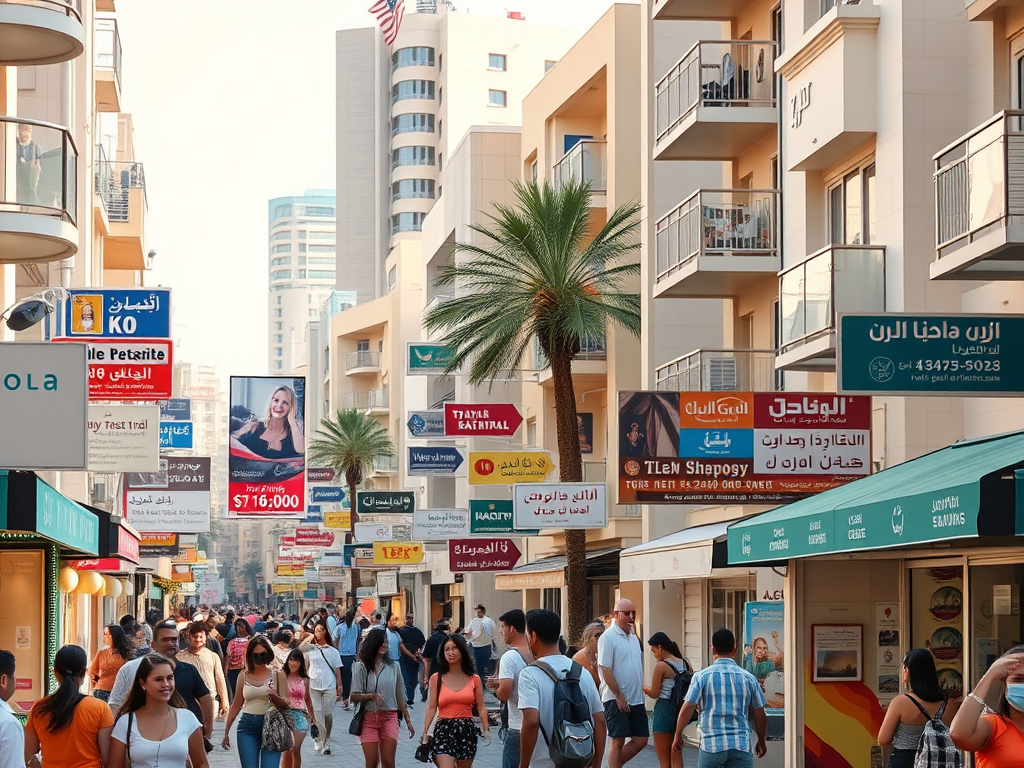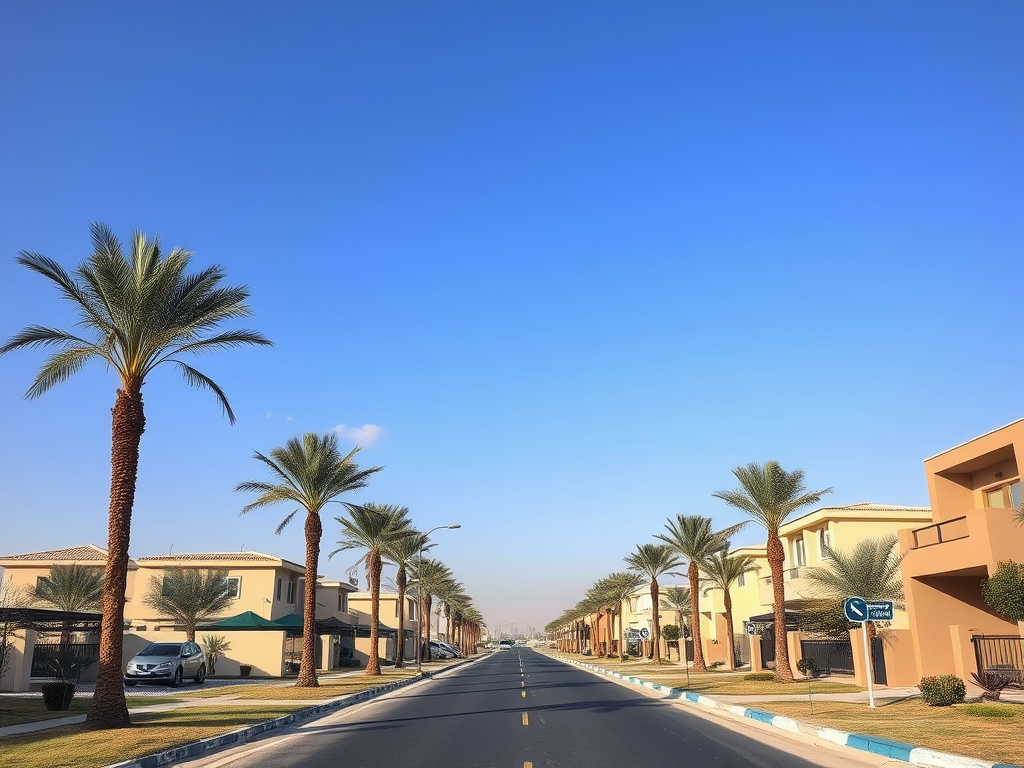Choosing between short-term and long-term rentals in Dubai can be challenging, given the city’s dynamic housing market. Both options come with unique advantages and disadvantages that cater to different needs and lifestyles. Short-term rentals offer flexibility and can be lucrative for landlords, while long-term rentals provide stability and predictability. To make an informed decision, it’s crucial to consider factors like rental rates, tenant turnover, and property management responsibilities. In this article, we’ll explore the essential aspects to help you navigate this decision effectively.
Understanding the Market Trends

Before diving into the specifics of short-term versus long-term rentals, it’s vital to grasp the current market trends in Dubai. The city has seen significant growth in tourism, making short-term rentals increasingly popular, especially in areas like Downtown Dubai, Dubai Marina, and Palm Jumeirah. Meanwhile, long-term rentals tend to be stable in areas with steady local demand, such as traditional neighborhoods and suburban districts. Being informed about market conditions can guide your decision-making process.
Here are key factors influencing the market:
- Tourism Rates: Increased tourism boosts demand for short-term rentals.
- Local Economy: A strong economy supports long-term rentals, attracting expatriates.
- Regulations: Government regulations may favor either rental option, so it’s important to stay updated.
- Property Type: Some properties perform better in one rental category than the other.
Pros and Cons of Short-Term Rentals

Short-term rentals, often facilitated through platforms like Airbnb and Booking.com, come with their share of pros and cons that should be carefully evaluated.
Advantages:
- Higher Income Potential: Short-term rentals tend to command higher nightly rates compared to monthly long-term leases.
- Flexibility: Owners have the liberty to use the property when not rented out.
- Diverse Tenant Base: Renting to travelers allows you to meet varied occupants, enhancing cultural experiences.
Disadvantages:
- Higher Management Effort: Short-term rentals require frequent cleaning, maintenance, and guest communication.
- Variable Income: Income can fluctuate seasonally, making it less predictable.
- Regulations and Compliance: Owners must ensure compliance with local laws, which can be cumbersome.
Pros and Cons of Long-Term Rentals
Long-term rentals offer a different approach that suits many property owners, especially those looking for stability.
Advantages:
- Stable Income: Long-term leases offer predictable and steady cash flow.
- Lower Management Needs: Less frequent tenant turnover means less oversight is required.
- Potential for Loyalty: Tenants may protect your property as their home, reducing wear and tear.
Disadvantages:
- Lower Income Potential: Monthly rental prices are generally lower than short-term options.
- Less Flexibility: Owners must commit to the tenant for the lease duration.
- Tenant Management: Managing tenants can involve dealing with disputes or non-payment issues.
Making the Decision: What to Consider
Deciding between short-term and long-term rentals involves a critical assessment of your personal circumstance, investment goals, and the specific characteristics of your property. Here’s a checklist for making this decision:
- Your Financial Goals: Determine if you seek higher short-term income or steady long-term cash flow.
- Time and Resources: Consider how much time and effort you can devote to property management.
- Location: Evaluate the attractiveness of your property to tourists versus local tenants.
- Market Conditions: Research current market trends and future predictions for your location.
- Risk Tolerance: Assess your comfort level with variable income versus a stable rent.
Итог
Ultimately, the choice between short-term and long-term rentals in Dubai involves careful consideration of various factors, including your financial goals, time commitment, and property location. Understanding the market trends and weighing the pros and cons will equip you to make a well-informed decision. Whether you seek flexibility and higher earnings through short-term rentals or stability and predictability with long-term leases, knowing your priorities will lead you to the right rental strategy.
Часто задаваемые вопросы
1. What is the average rental yield for short-term rentals in Dubai?
The average rental yield for short-term rentals in Dubai can range between 8% to 12%, depending on location and property type.
2. Are there any regulations for short-term rentals in Dubai?
Yes, Dubai has specific regulations that require short-term rental hosts to register with the Department of Tourism and Commerce Marketing (DTCM).
3. How long is a typical long-term lease in Dubai?
A typical long-term lease in Dubai is usually one year, but it can vary based on negotiations between tenants and landlords.
4. Can foreign investors purchase property for short-term rentals in Dubai?
Yes, foreign investors can purchase property in designated areas for short-term rental purposes, aligning with local laws.
5. What are the tax implications for rental income in Dubai?
As of now, Dubai does not impose income tax on rental income, making it a favorable environment for property investment.


